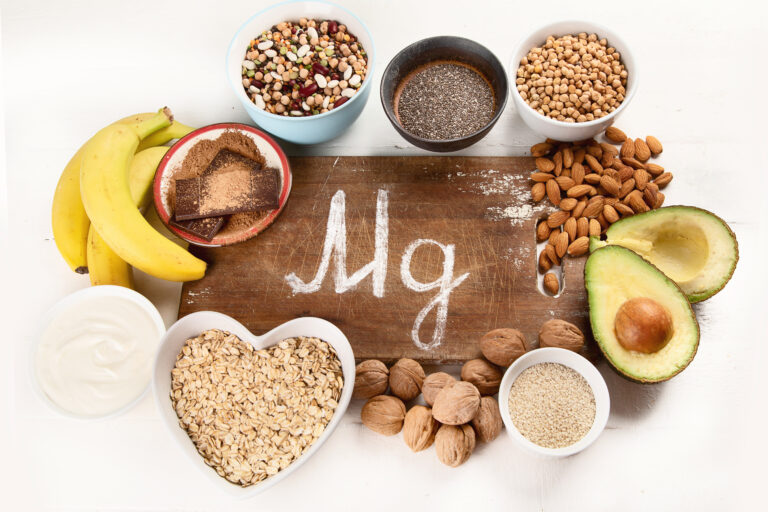Vitamin B12 plays a crucial role in maintaining the health of the nervous system, and its deficiency can lead to cognitive impairments and neurological issues, which are often associated with Alzheimer’s disease. The question of whether vitamin B12 is safe for individuals with Alzheimer’s disease is important, as it involves understanding both the benefits and potential risks of using this vitamin as part of a treatment plan.
Firstly, vitamin B12 is essential for the synthesis of myelin, the fatty substance that surrounds and protects nerve fibers, facilitating the transmission of nerve impulses. A deficiency in vitamin B12 can cause peripheral neuropathy and cognitive impairment due to its critical role in maintaining nervous system integrity[2]. In the context of Alzheimer’s disease, maintaining optimal levels of vitamin B12 is crucial, especially since older adults are at a higher risk of deficiency due to impaired absorption mechanisms[2].
Vitamin B12 deficiency is common among older adults, partly because the body’s ability to absorb this vitamin decreases with age. This is often due to conditions like atrophic gastritis, which reduces the production of gastric acid and intrinsic factor necessary for vitamin B12 absorption[2]. Therefore, ensuring adequate intake of vitamin B12 through diet or supplements is vital for this demographic.
Research indicates that vitamin B12 from dairy products is more bioavailable than that from meat, fish, or poultry, making dairy an efficient source[2]. For individuals following a plant-based diet, supplementation may be necessary to prevent deficiency.
In terms of safety, vitamin B12 injections are generally considered safe and are recommended for treating deficiencies, even in elderly patients with worsening memory changes related to dementia[5]. These injections can help alleviate symptoms associated with vitamin B12 deficiency, such as cognitive decline and neuropathy.
Combining vitamin B12 with other B vitamins, particularly folic acid (vitamin B9), has shown promise in improving cognitive functions in patients with Alzheimer’s disease. Clinical trials have found that this combination can enhance immediate and delayed memory recall, categorical verbal fluency, processing speed, sustained attention, and working memory among elderly individuals[1]. However, it is important to note that these supplements should be taken at recommended doses, as excessive intake can interact with certain medications or mask other deficiencies[1].
While vitamin B12 supplementation is generally safe, it is crucial to consult with a healthcare provider before starting any new regimen, especially for individuals with Alzheimer’s disease. This ensures that the treatment is tailored to the individual’s specific needs and does not interfere with other medications.
In addition to vitamin B12, other nutrients like vitamin C and dietary fiber have been explored for their potential benefits in managing Alzheimer’s disease. Vitamin C acts as an antioxidant, helping reduce oxidative stress and inflammation in the brain[1]. Dietary fiber, particularly from sources like whole grains and legumes, may help restore gut-immune balance and alleviate some Alzheimer’s-related symptoms, although more research is needed to confirm these effects in humans[3].
Overall, vitamin B12 is a safe and potentially beneficial supplement for individuals with Alzheimer’s disease, particularly when used to address deficiencies. However, any supplementation should be guided by a healthcare professional to ensure safety and effectiveness.
References:
[1] https://neuraleffects.com/blog/alzheimers-natural-treatment-herbal-and-alternative/
[2] https://www.news-medical.net/health/Foods-High-in-Vitamin-B12-and-Their-Health-Benefits.aspx
[3] https://timesofindia.indiatimes.com/life-style/health-fitness/health-news/adding-this-common-ingredient-to-diet-can-improve-memory-and-reduce-alzheimers-risk/articleshow/123999769.cms
[4] https://mirneurology.com/blog/does-methylfolate-help-prevent-alzheimers-disease
[5] https://www.droracle.ai/articles/356796/is-it-safe-to-treat-patients-with-b12-injection-81-year-old-with-deficiency-and-has-worsening-memory-changes-likely-related-to-dementia





